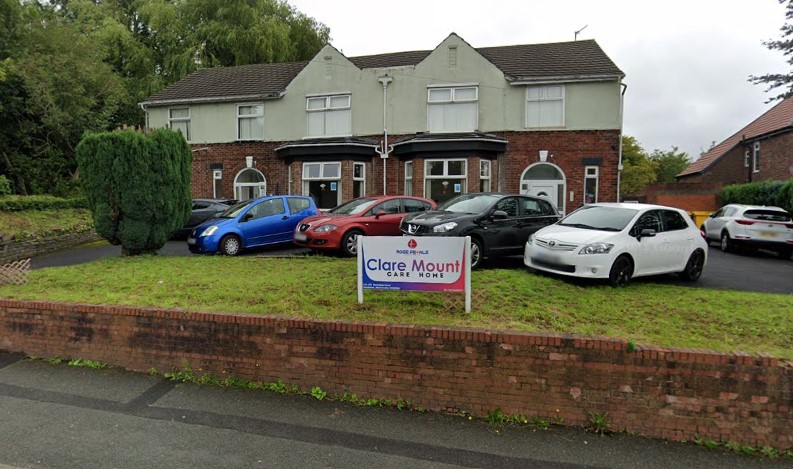Care homes in Greater Manchester are struggling with soaring bill costs and staff shortages as concerns spread about the financial viability of the care sector.
They are facing utility bill increases of around 500% as well as 600% rises in insurance premiums, Professor Martin Green, Chief Executive of Care England, told Mancunian Matters.
And a fresh report by the Care Quality Commission has confirmed 87% of care homes are finding it hard to recruit new staff as the industry faces a 165,000 shortfall of employees.
One owner of a private care home in Greater Manchester, who wished to remain anonymous, told Mancunian Matters that ballooning running costs and staff scarcity affect their care home greatly.
They said: “The biggest increase in cost is in insurance. Legally, no care home can operate without it. Our insurance cost has multiplied by four in two years.”
“It used to be £2,000 per year. Now it is £8,000. Some of the players that offered insurance for care homes have come out of the market, so it is starting to head towards a monopoly and they can drive the price up.”
Alongside raising premiums, insurers have sought to break long-term contracts and in some cases have excluded cover for Covid-19 claims, plunging care homes into uncertainty and vulnerability.
Our anonymous source claims that their care homes’ gas and electricity quotes have doubled to around £1,100 per month each.
They are currently locked in with energy providers who reserve the right to raise their costs due to ‘special circumstances’.
“You get absolutely mithered by the brokers. You get to a point where you don’t know who to trust – it’s just a load of sharks,” they say. “It’s a minefield and it’s not a healthy position to be in.”
The staggering cost increases are passed directly onto the residents; this particular care home raised its prices in April and is looking at doing so again.
While staffing issues are not a debilitating issue at this particular care home, it has still had an impact. “We as a company have had 40 no-shows for interviews because they’re just ticking boxes for the benefits office.
“Ideally, we would like three or four more staff. We’ve been advertising for an Activities Coordinator for months but haven’t had one application yet. It means the rest of the staff have to fill in and it takes its toll on them.
“I know of homes that cannot take in more residents because they don’t have the staff, even though they have the space.”
Collectively, the problems affecting this care home resonate around the sector, according to Professor Martin Green from Care England.
“We’ve got a perfect storm of increases in utility costs, increases in insurance, and shortages of labour,” he told Mancunian Matters. “Lots of care homes are thinking about closing, particularly smaller care homes which might be run by a person who owns the care home.”
He said: “The cost of living crisis is affecting care homes disproportionately because we use a lot of energy for things like heating and equipment more than regular homes.”
Professor Green welcomed the Energy Bill Relief Scheme announced in September, he urged further government action, including the reintroduction of the Infection Control Fund, which had provided the sector with a £600 million support package.
“Even though Covid has gone away for the rest of the world, care homes are still required to have a lot of Covid-related expenses, but that money isn’t coming through.”
Self-funded residents are hit particularly hard if care homes raise their prices as they do not have the financial support of the council.
While care homes across the country will have to make agonising decisions about increasing fees or releasing staff, Victor Phiri, Operations Manager at Clare Mount Care Home in Rochdale, says that this isn’t possible for his employer.
“Good care is about residents’ needs – you can’t cut down on staff otherwise you are depriving the people that you are looking after. That’s why some care homes will have to close, because you can’t provide safe care without the staffing.”
Clare Mount, which has rooms for 29 residents, has seen its insurance costs rocket from about £7,000 per year to £11,000. Most of the people they care for are council-funded.
Phiri said: “In the next few months, some care homes will definitely face closure.” When asked if that includes Clare Mount, he responded cautiously. “You never know.”




